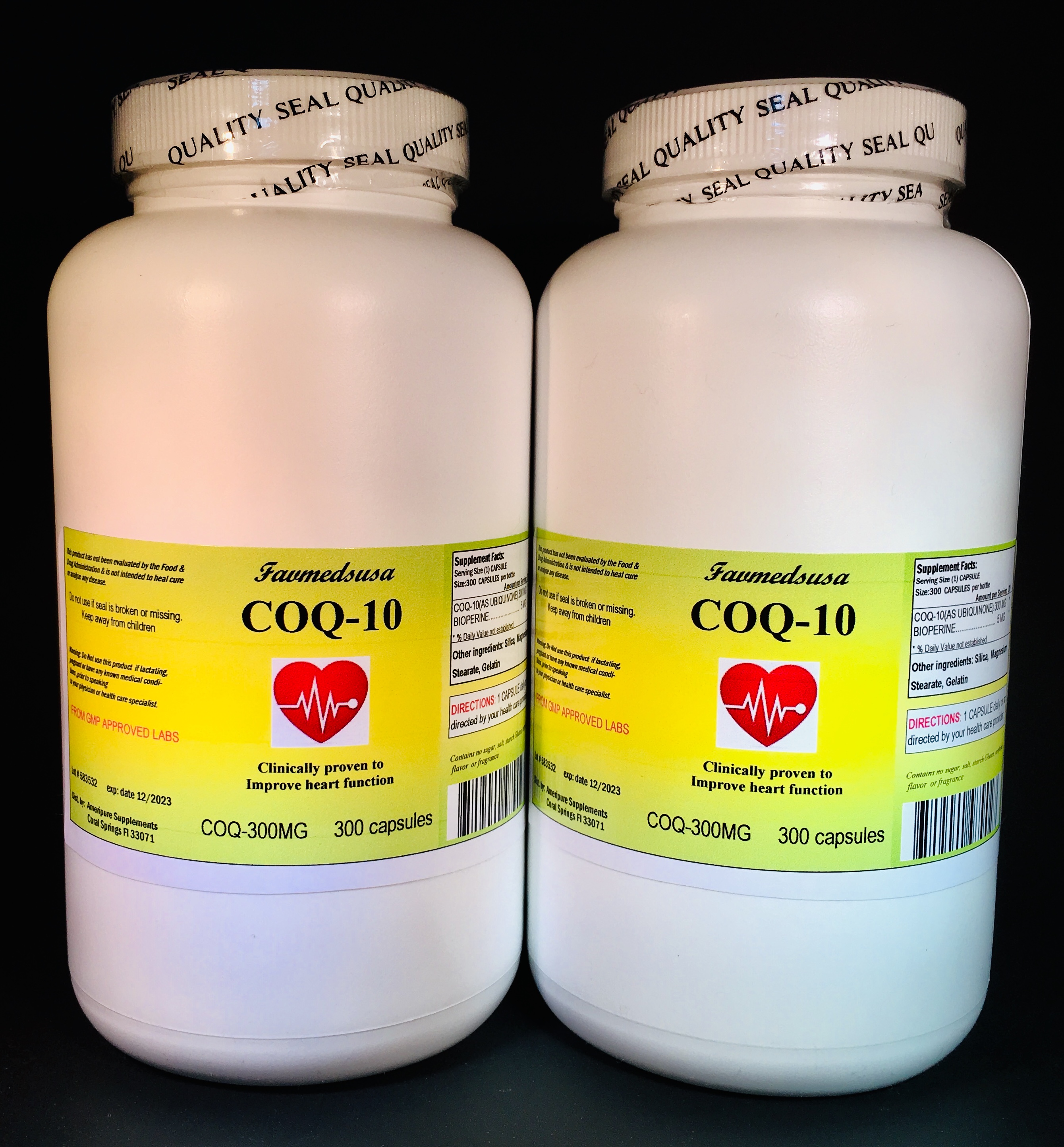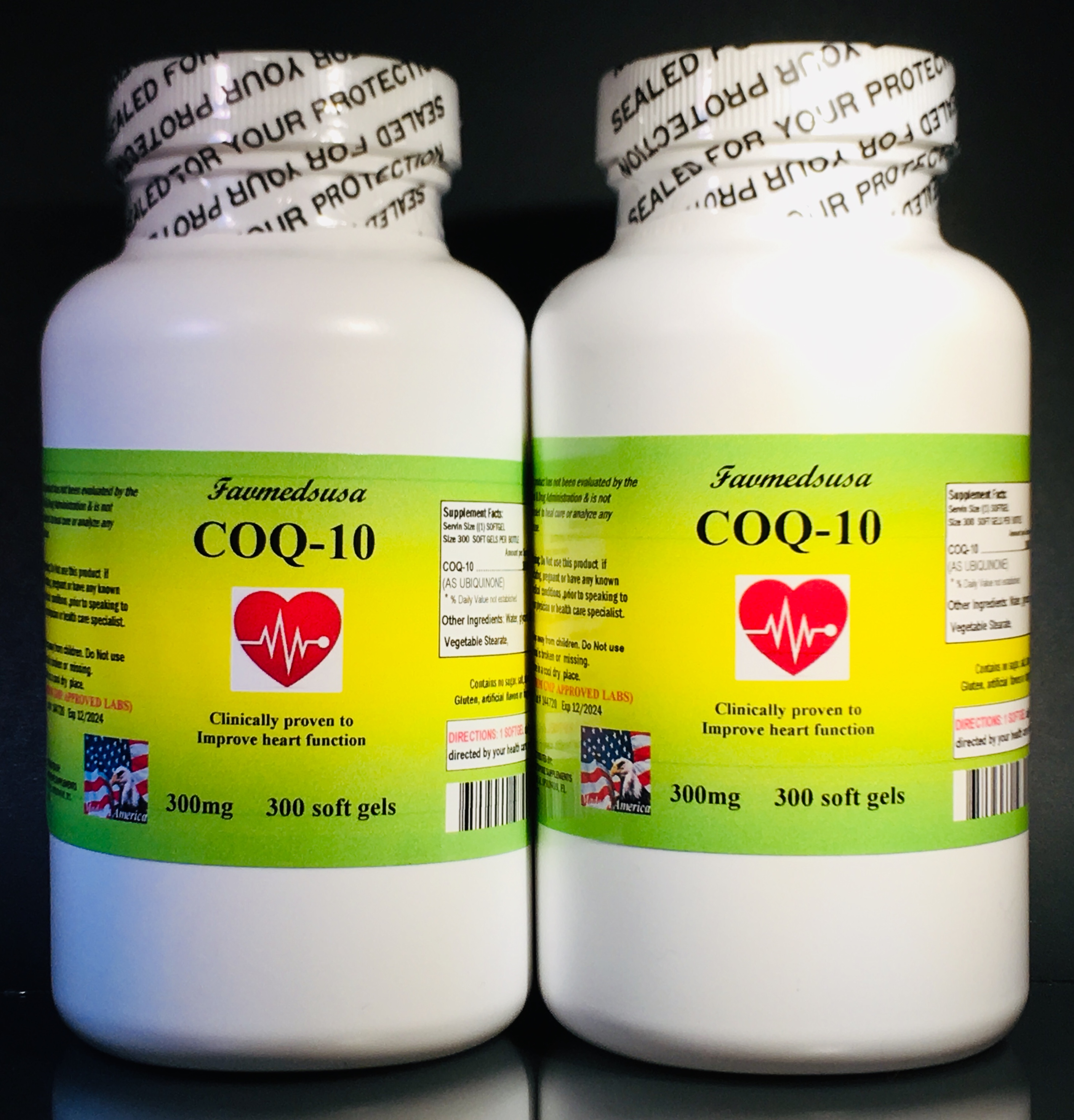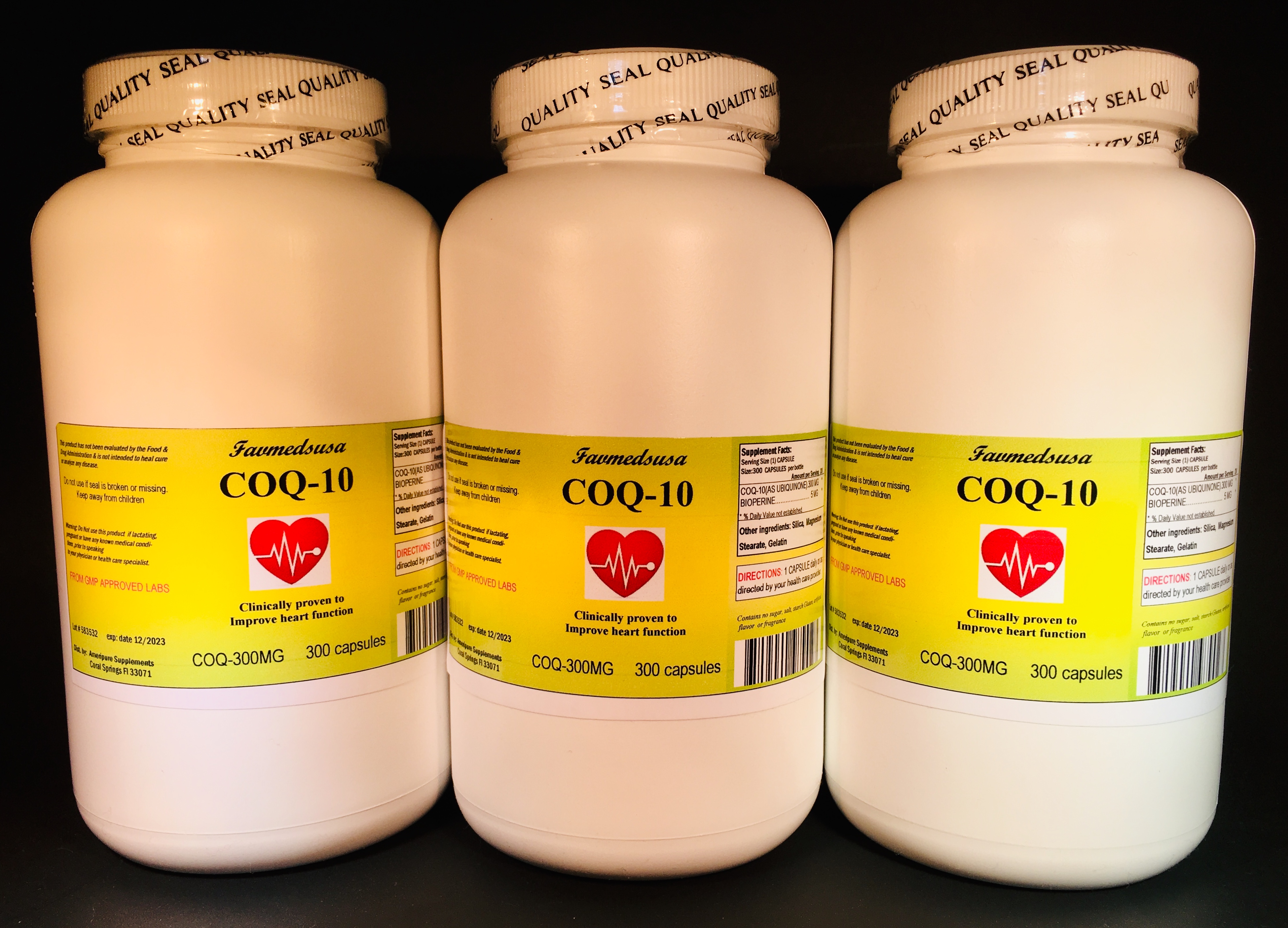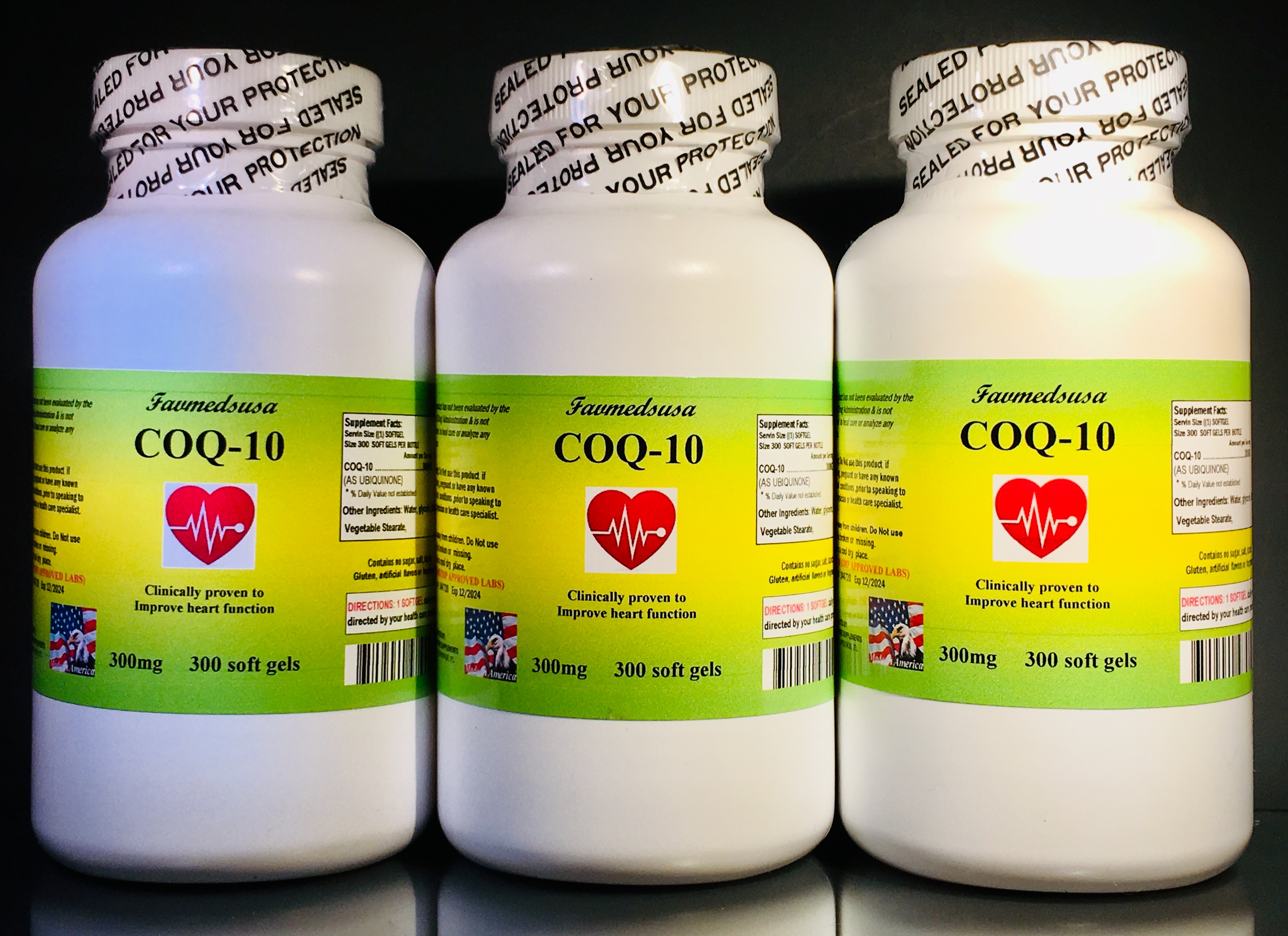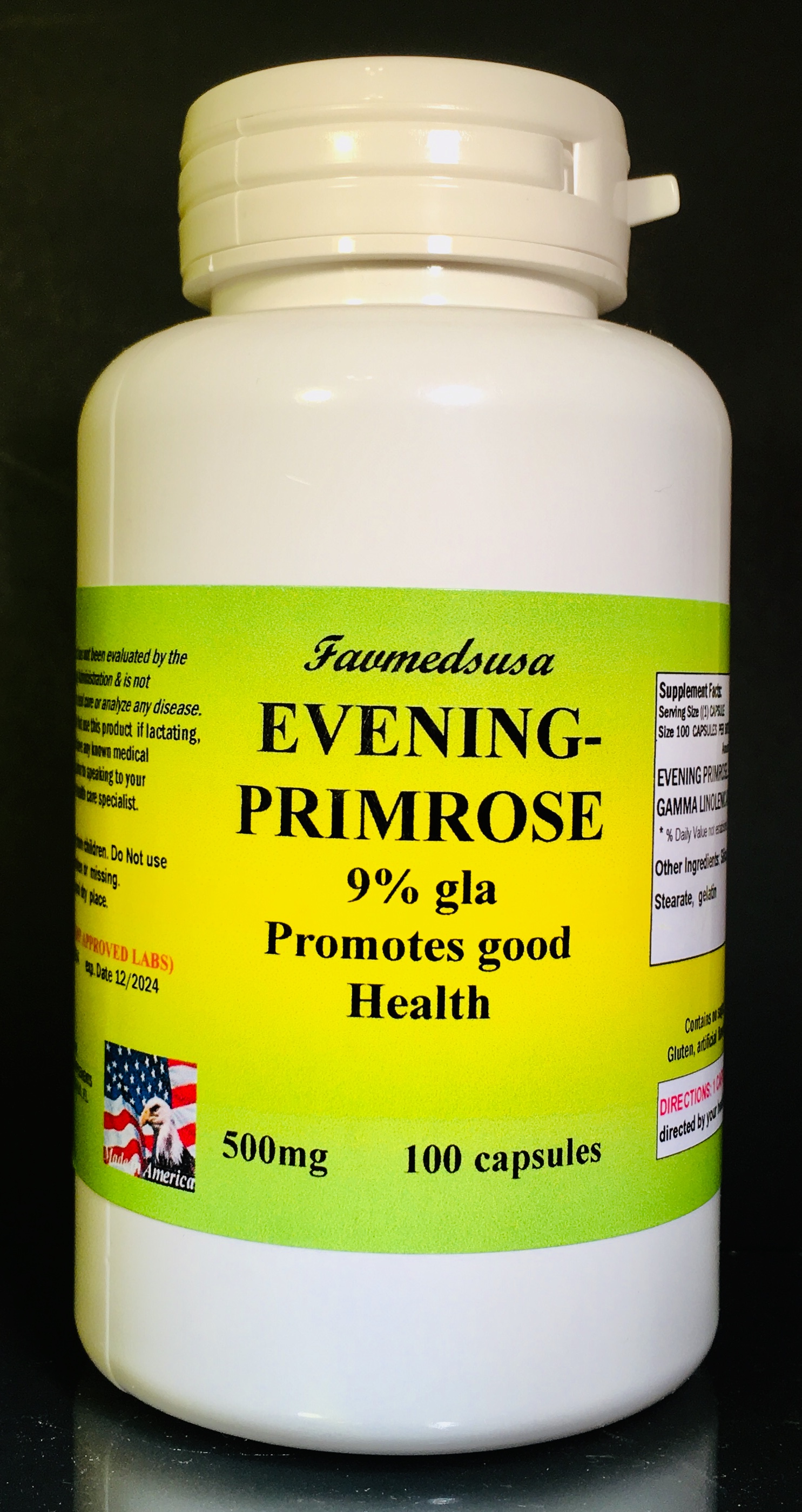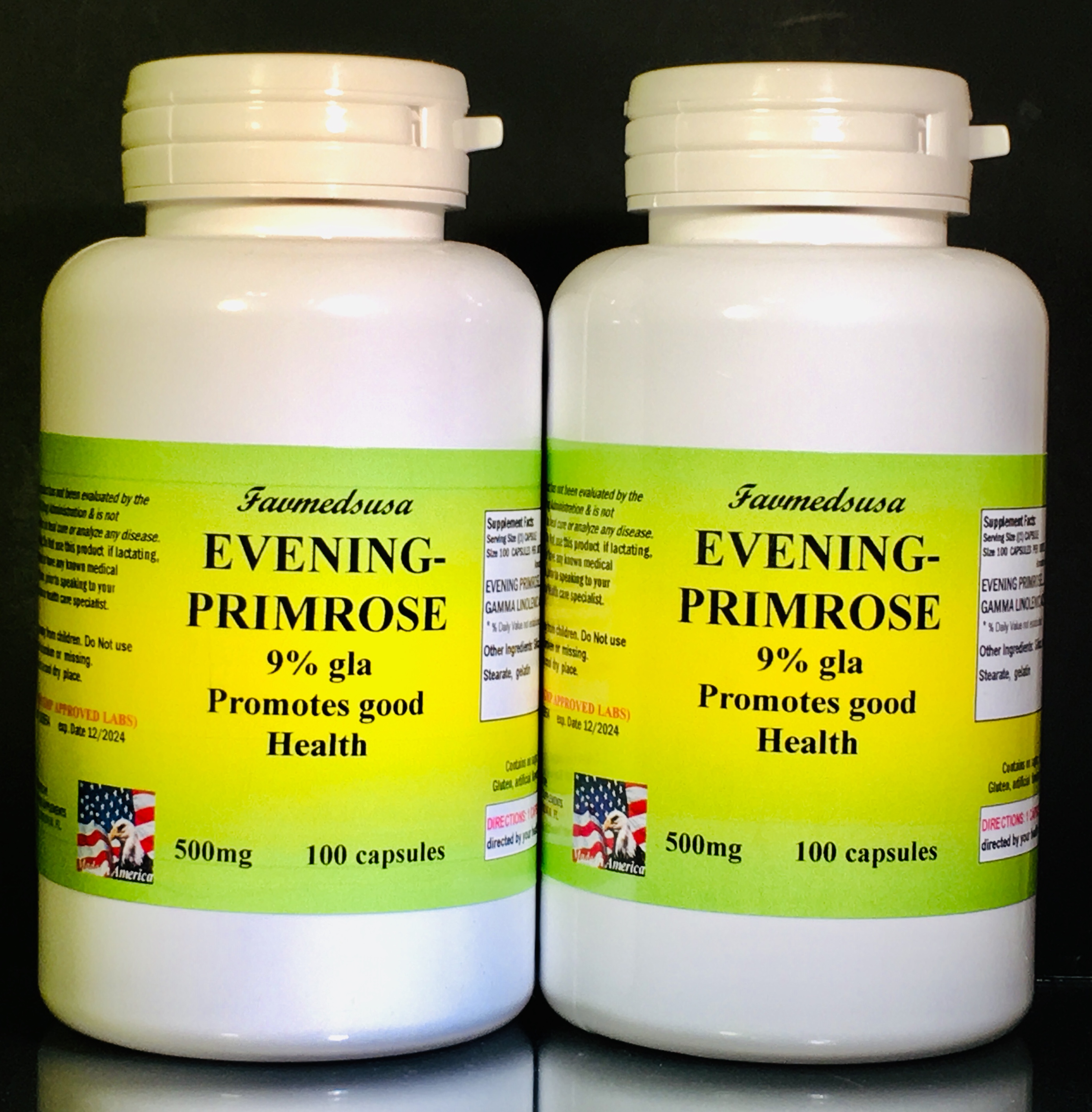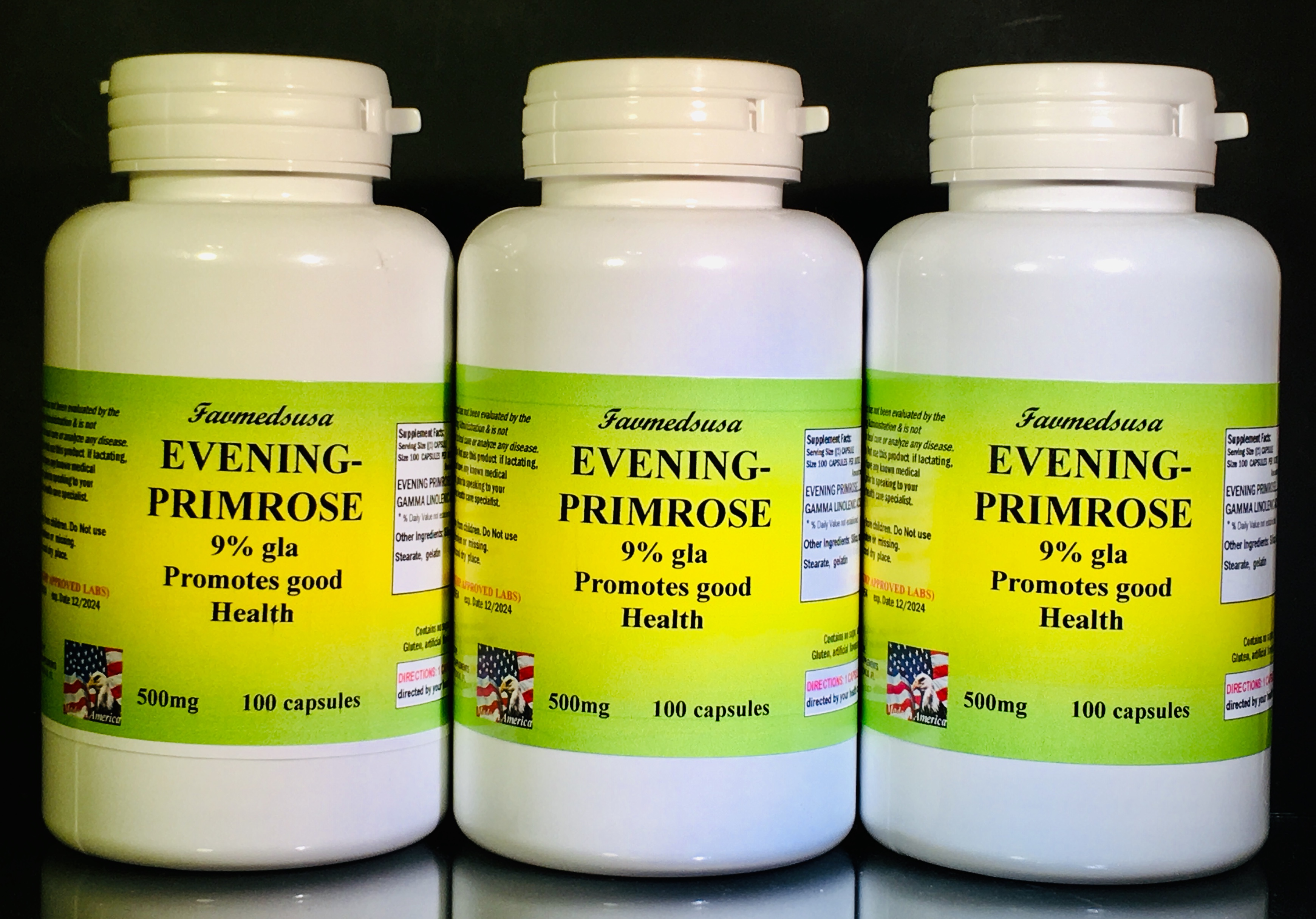What is Vitamin C + Echinacea? What is its benefits?
Vitamin
C is an antioxidant. Antioxidants are substances that may protect your
cells against the effects of free radicals. Free radicals are molecules
produced when your body breaks down food, or by environmental exposures
like tobacco smoke and radiation. Vitamin C is important for your skin,
bones, and connective tissue. It promotes healing and helps the body
absorb iron.The
body also needs vitamin C to make collagen, a protein required to help
wounds heal. In addition, vitamin C improves the absorption of iron from
plant-based foods and helps the immune system work properly to protect
the body from disease.Some people may need extra vitamin C:- Pregnant/breastfeeding women
- Smokers
- People recovering from surgery
- Burn victims
In
the 1970s, Chemistry and Peace Nobel laureate Linus Pauling promoted
daily megadoses of vitamin C (the amount in 12 to 24 oranges) as a way
to prevent colds and some chronic diseases.Researches:Scientists
are studying vitamin C to understand how it affects health. Here are
several examples of what this research has shown.Cancer prevention and treatmentPeople
with high intakes of vitamin C from fruits and vegetables might have a
lower risk of getting many types of cancer, such as lung, breast, and
colon cancer. However, taking vitamin C supplements, with or without
other antioxidants, doesn't seem to protect people from getting cancer.Vitamin
C dietary supplements and other antioxidants might interact with
chemotherapy and radiation therapy for cancer. People being treated for
cancer should talk with their oncologist before taking vitamin C or
other antioxidant supplements, especially in high doses.Cardiovascular diseasePeople
who eat lots of fruits and vegetables seem to have a lower risk of
cardiovascular disease. Researchers believe that the antioxidant content
of these foods might be partly responsible for this association because
oxidative damage is a major cause of cardiovascular disease. However,
scientists aren't sure whether vitamin C itself, either from food or
supplements, helps protect people from cardiovascular disease. It is
also not clear whether vitamin C helps prevent cardiovascular disease
from getting worse in people who already have it.Age-related macular degeneration (AMD) and cataractsAMD
and cataracts are two of the leading causes of vision loss in older
people. Researchers do not believe that vitamin C and other antioxidants
affect the risk of getting AMD. However, research suggests that vitamin
C combined with other nutrients might help keep early AMD from
worsening into advanced AMD.In
a large study, older people with AMD who took a daily dietary
supplement with 500 mg vitamin C, 80 mg zinc, 400 IU vitamin E, 15 mg
beta-carotene, and 2 mg copper for about 6 years had a lower chance of
developing advanced AMD. They also had less vision loss than those who
did not take the dietary supplement.People who have or are developing the disease might want to talk with their doctor about taking dietary supplements.The
relationship between vitamin C and cataract formation is unclear. Some
studies show that people who get more vitamin C from foods have a lower
risk of getting cataracts. The common coldAlthough
vitamin C has long been a popular remedy for the common cold, research
shows that for most people, vitamin C supplements do not reduce the risk
of getting the common cold. However, people who take vitamin C
supplements regularly might have slightly shorter colds or somewhat
milder symptoms when they do have a cold. Echinacea:Results
of archeological digs indicate that Native Americans may have used
echinacea for more than 400 years to treat infections and wounds and as a
general "cure-all." Throughout history people have used echinacea to
treat scarlet fever, syphilis, malaria, blood poisoning, and diphtheria.
Today,
people use echinacea to shorten the duration of the common cold and flu
and reduce symptoms, such as sore throat (pharyngitis), cough, and
fever. Many herbalists also recommend echinacea to help boost the immune
system and help the body fight infections.Several
laboratory and animal studies suggest that echinacea contains active
substances that enhance the activity of the immune system, relieve pain,
reduce inflammation, and have hormonal, antiviral, and antioxidant
effects. For this reason, professional herbalists may recommend
echinacea to treat urinary tract infections, vaginal yeast (candida)
infections, ear infections (also known as otitis media), athlete's foot,
sinusitis, hay fever (also called allergic rhinitis), as well as
slow-healing wounds. One study even suggests that echinacea extract
exerted an antiviral action on the development of recurrent HSVI when
supplied prior to infection.
Sources:
National Center for Complimentary and Alternative Medicines (NCCAM)
National Institute of Health (NIH)
CDC; Medline Plus; Wikipedia
Please Note!:
The
above statements are solely for the purpose of providing extra
information about this product and in no way should be considered as
medical advice.
You
should not decide to consume this supplement based solely on what you
have read here and customers who fail to seek counsel from appropriate
health professionals assume risk of any potential ill effects.
These
statements or this product have not been evaluated by The Food And
Drug Administration (FDA) and are NOT intended to analyze, diagnose,
heal, cure, treat or prevent any disease.
モ Read more interesting articles on this and other supplements on our FaceBook page! ヤ
FAQs
Q: What are your shipping costs?
A: Shipping is based on USPS rates to the contiguous US. You can verify this by entering your zip code into USPS.com
We also ship any country in the world through USPS international shipping.
You can also choose "Priority" or "Express" shipping and you can view an estimate of shipping costs by viewing your cart.
However, final shipping costs will be displayed on the Invoice you see before confirming your order.
Q: What if I am not happy with what I got?
A:
If you are not fully satisfied with our products for any reason you can
return it for a FULL refund. Please read our Return Policy for complete
details.
Q: What if I did not receive my order?
A:
We will work with you to trace your order through the US Postal system
and if they confirm that your order is lost you will get back your
payment.
Q: What if the product got damaged in the mail?
A:
You can return it for a replacement or get your money back. Please read
our Return Policy for further details on how to make a damage claim.
Q: What if my order is confiscated or prohibited by my country's customs office?
A:
Please check with your country's customs for what is allowed BEFORE
your place your order. We cannot keep a track of what is allowed in
different countries of the world and will NOT be responsible if your
order is rejected by your customs.
Q: Will you reimburse any customs duty that is added to my order?
A:
NO! Any additional customs or import duties charged by your country is
YOUR responsibility. Again, please check this BEFORE you place your
order.
Q: What if I don't see any immediate results after taking your products?
A:
Our products are NOT medicine! They are natural products that are for
dietary supplement use only. Although their efficacy is backed by
various studies and research there is no guarantee that they will work
for everybody. Please consult your healthcare provider to confirm that
our product is right for your particular situation before you decide to
buy it.
Q: How can I contact you?
A:
You can reach us by email, phone or chat. All information on how to
reach us is available on the top right hand side of our home page.
E-Mail - Click on the button �Contact� on top of the home page and you will be taken to a page where you can write your message.
Phone - You can reach us at 1.855.FAVMEDS (1.855.328.6337)
Chat
- is only available from 9am - 5pm Eastern time and you can chat with
us during that time by clicking on the chat button on top of our home
page.
Payment And Shipping Information:

Ordering Online with us is safe and secure!
We
employ a method of interaction with our visitors that does not
compromise credit card information. This online system is 100% secure.
We
accept all major credit cards as well as secure PayPal payments. We
encourage you to feel comfortable using your credit card to conduct
commerce on our site.
Orders (with payment) received by 9 AM Eastern Time will be shipped by the next business day, provided the product is in stock.
If
there is a delay in shipping your order for any reason we will email
you immediately with a choice of refund OR expected shipping date.
Free Shipping Policy:
A nominal $1.00 will be charged for packaging and materials for items shipped free. This is NOT a shipping postage charge.
Free shipping is being offered ONLY to any address in USA.
Free shipping is eligible for orders totalling $99.00 excluding shipping charges.
This is a limited promotional offer and cannot be combined with any other promotions, offers or discounts.
This promotion can be withdrawn at any time without prior notice.
This
offer can only be used for a single transaction and multiple or
previous orders cannot be combined to achieve the $99.00 requirement.
FavoriteMeds Shipping Policy:
We carefully inspect all items before we pack them.
Orders (with payment) received by 9 AM Eastern Time will be shipped by the next business day, provided the product is in stock.
If
there is a delay in shipping your order for any reason we will email
you immediately with a choice of refund OR expected shipping date.
A nominal $1.00 will be charged for packaging and materials for items shipped free. This is NOT a shipping postage charge.
We ship via US Postal Service to all national as well as international destinations.
We will upload the tracking number of your shipment to your order as soon as we ship your order.
We will respond promptly to any inquiries about the status of your shipment and help you track your shipment till it arrives.
If in the rare instant a shipment is lost in the mail we will work with you to resolve the matter amicably.
If you need an alternate method of shipping such as FedEx or UPS please contact us for further information.
Please read the FAQs Page for more information on other questions you may have regarding shipping.
FavoriteMeds offers the following RETURNS POLICY:
We
stand behind every item we sell. If you are not satisfied with your
purchase for any reason, simply return the unused portion (unfortunately
we cannot process empty containers as returns) in original packaging
with your invoice within 14 days from delivery date for a prompt refund
less shipping.
Please contact us for authorization before returning product, unauthorized returns will be subject to a 15% restocking fee.
Only
one opened item of the same product is eligible for return. All others
of the same item must be in factory sealed original packaging for a
refund.
If more than 10 items from the order are returned, a 15% restocking fee will be applied.
We cannot process returns after 30 days.
For items damaged in transit:
USPS damaged item notice has to be sent to us to claim replacement.
The damaged product has to be returned to make the claim.
Replacement item will only be sent out after receipt and inspection of the damaged goods.
For wrong shipment received:
Claims
for wrong shipment received (right product but wrong strength (mg) or
wrong product) must be made within 2 days of receipt of shipment.
Claims
should be supported with two photographs of the shipment received -
Photo1: showing label; Photo2: showing lot # and expiry date.
The correct order will be shipped out on receipt and inspection of photographs of wrong shipment.
The
wrong shipment has to be returned UN-opened and in original condition
along with the packing slip and buyer will be charged if the item is not
received in original condition.
Buyer will be credited first class USPS rate for return shipment after receipt of wrong shipment.
Prices
Prices are correct at time of publication.
Errors and omissions are excepted.
Orders
will be processed at our published prices, otherwise, in the case of
any unexpected change in price, you will be informed and asked if you
wish to reconsider your order before proceeding.
Complaints
If
we should receive a complaint about any part of our service, by phone,
e-mail or letter,then it will be dealt with promptly (we will reply
within 3 working days). It will then be dealt with confidentially, and
effectively.
We will respond promptly to all emails concerning any item purchased from our site.
It is our obligation to keep each of our buyers satisfied with their transaction.



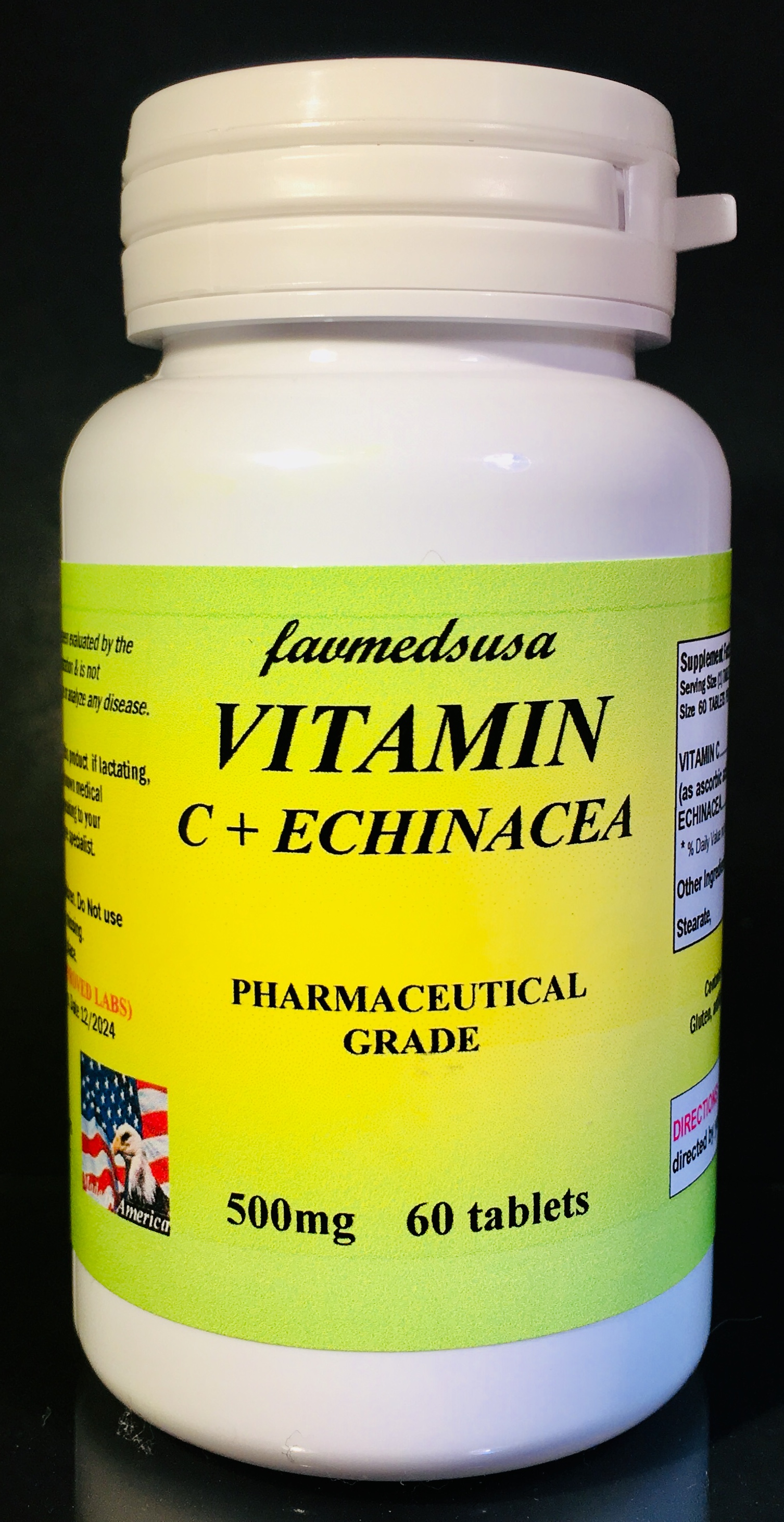
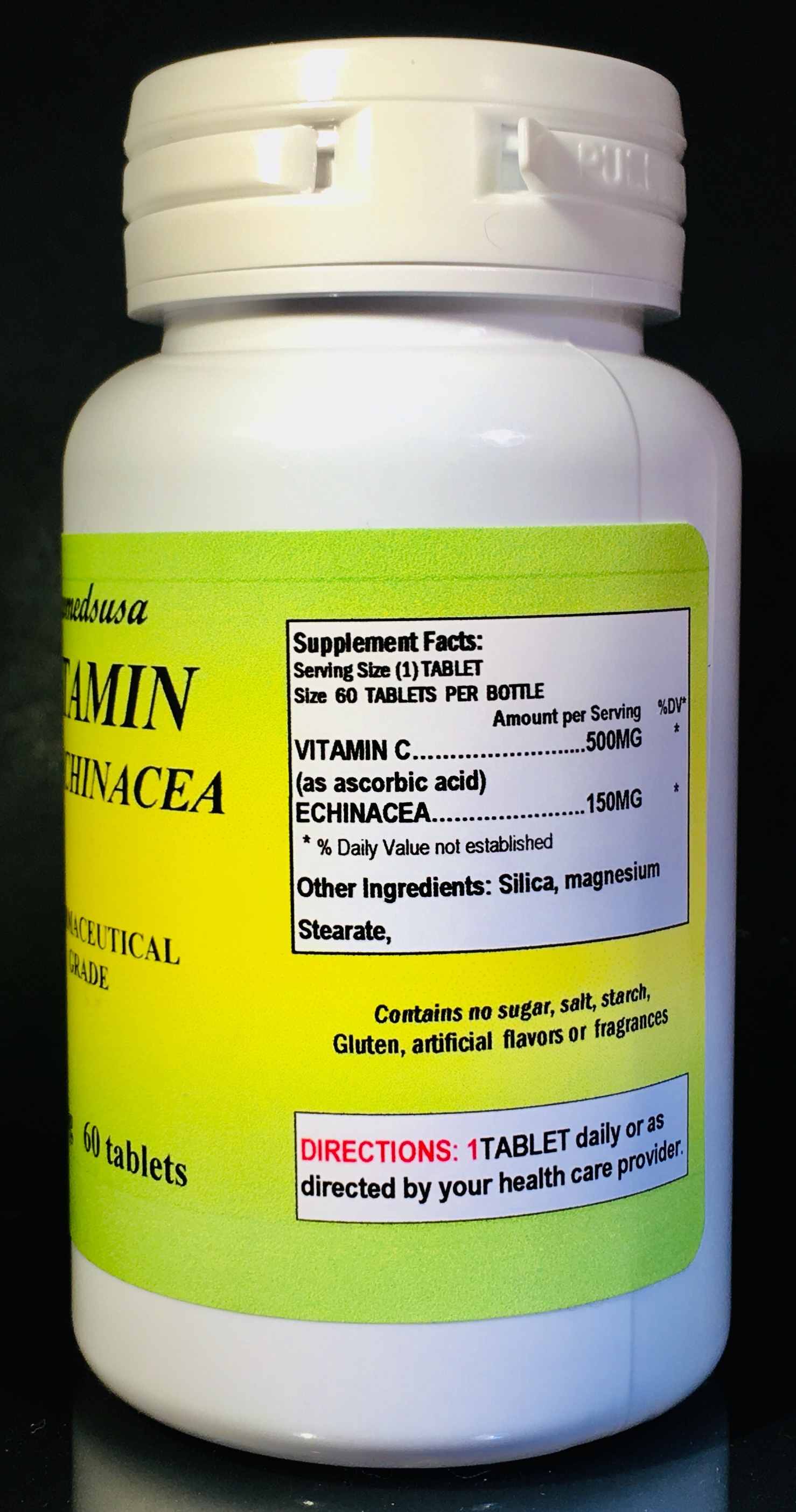
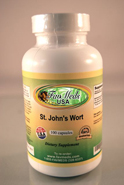
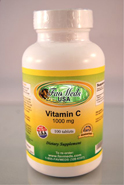

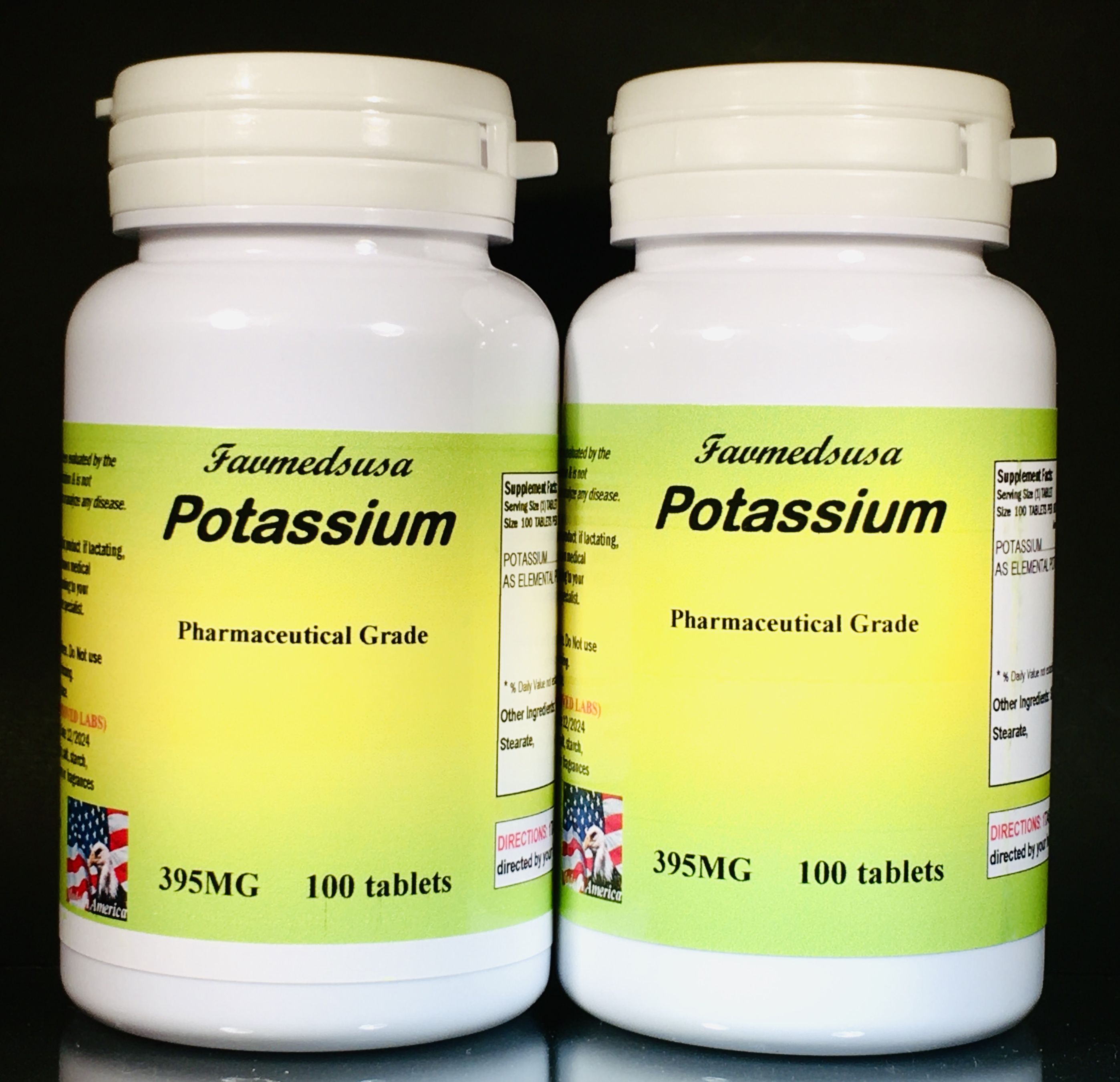
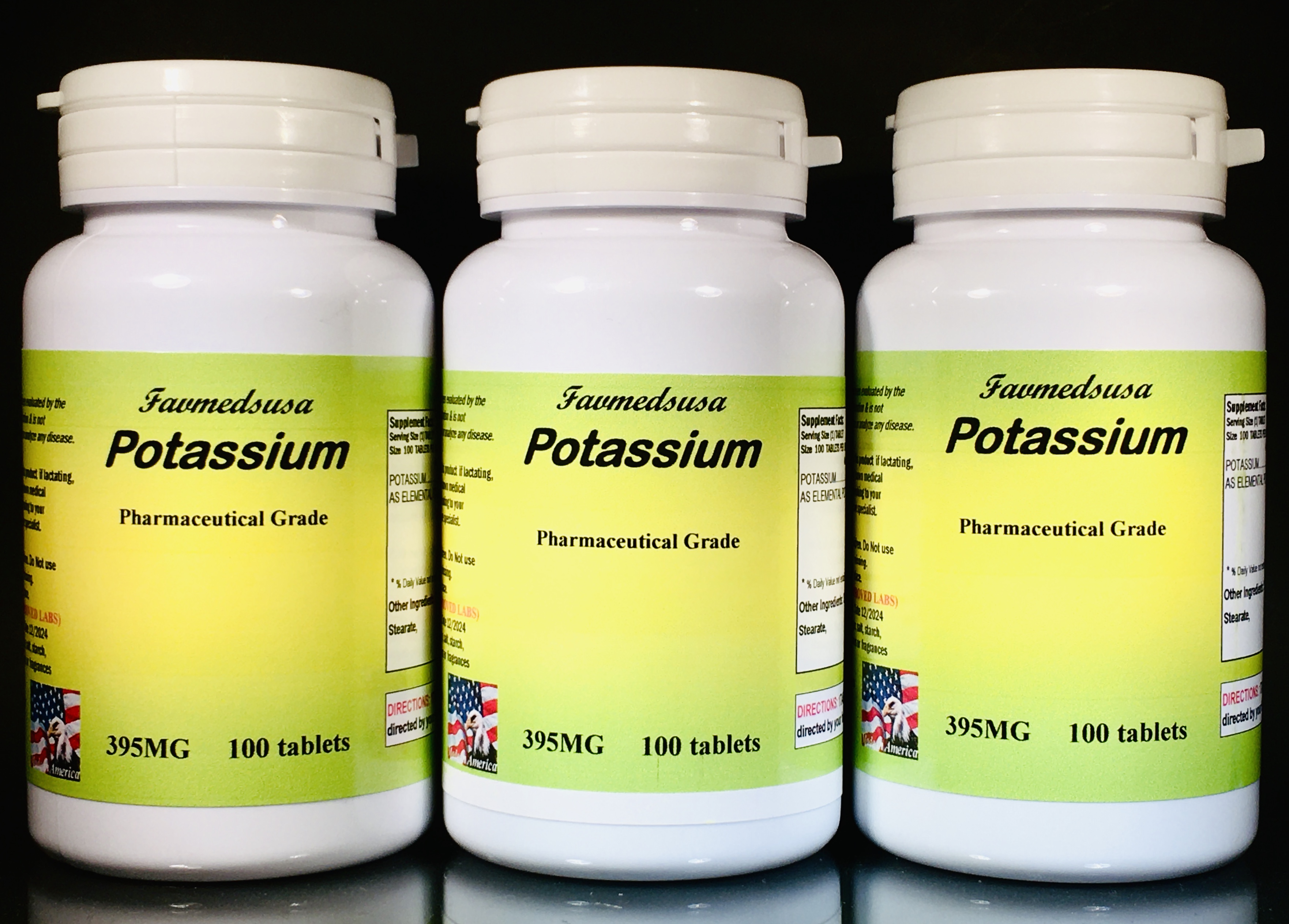
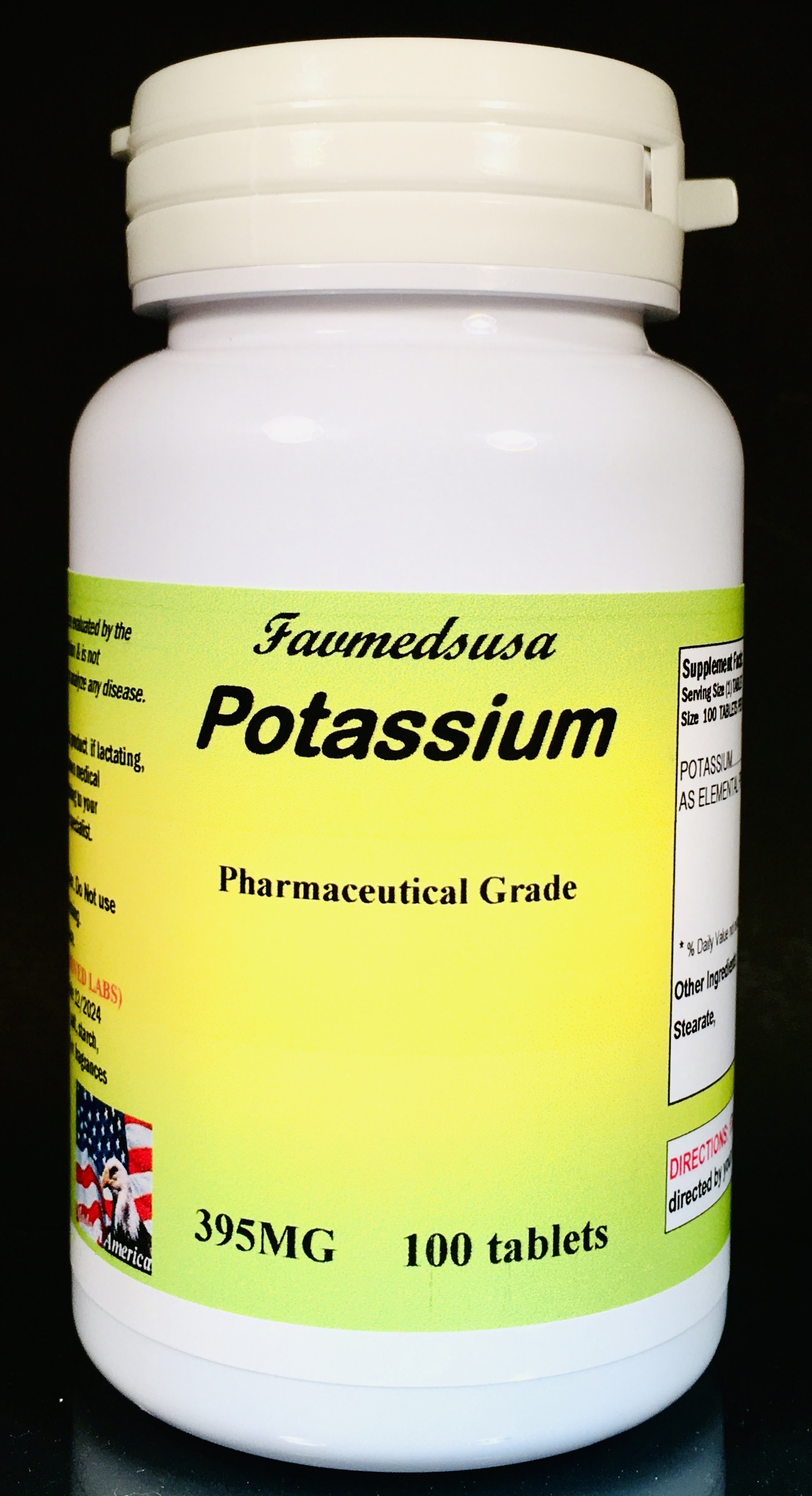
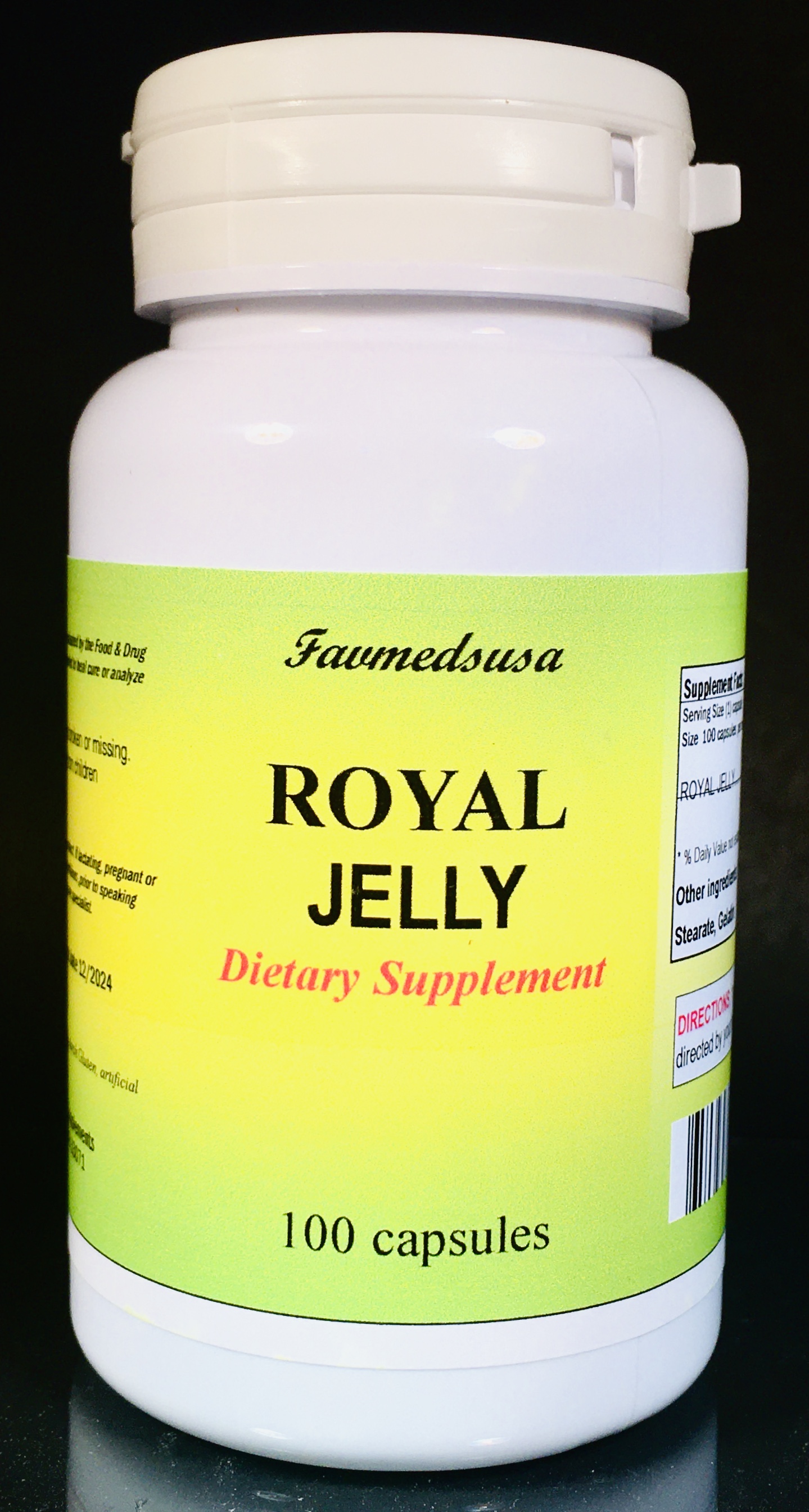
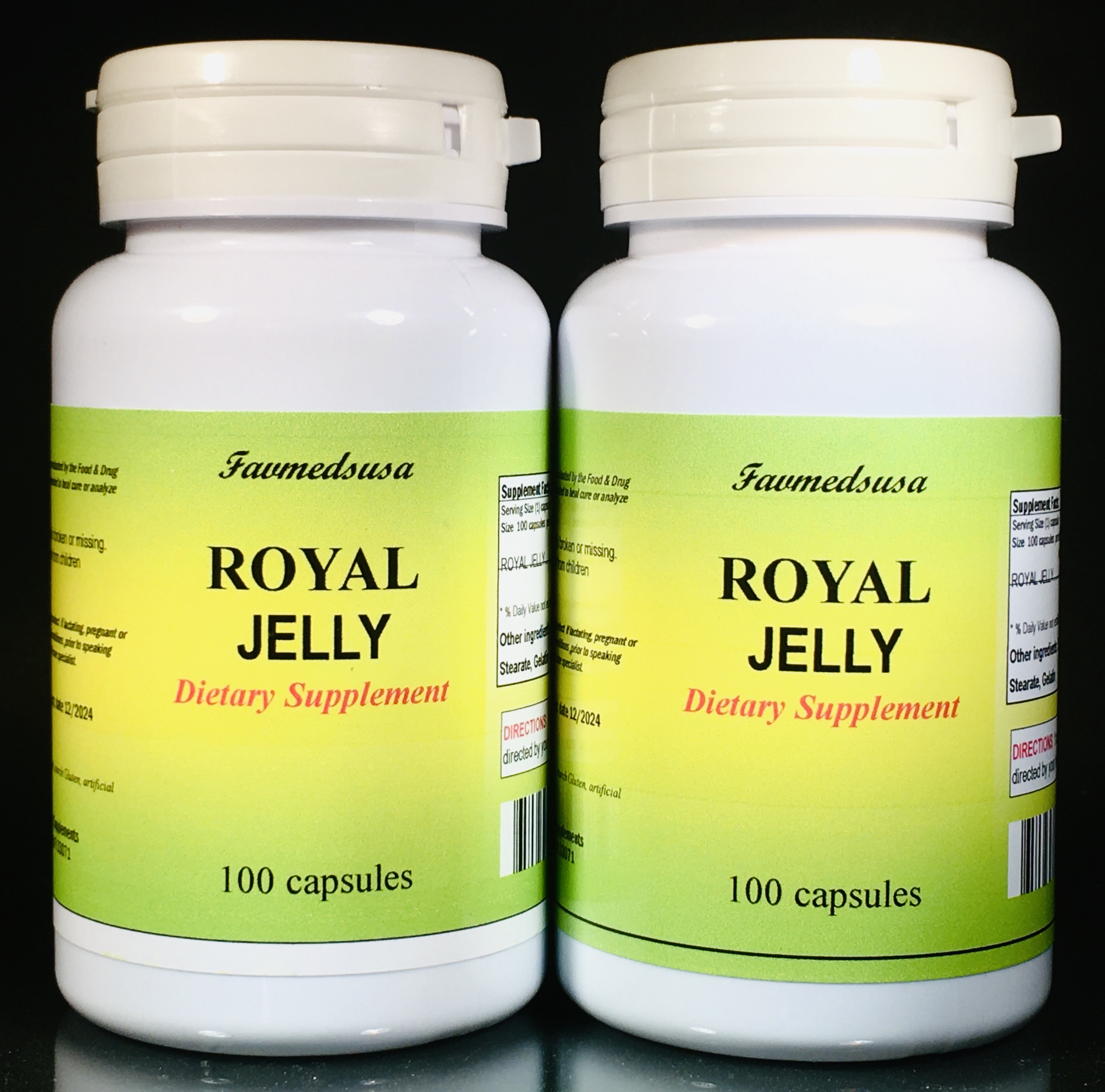
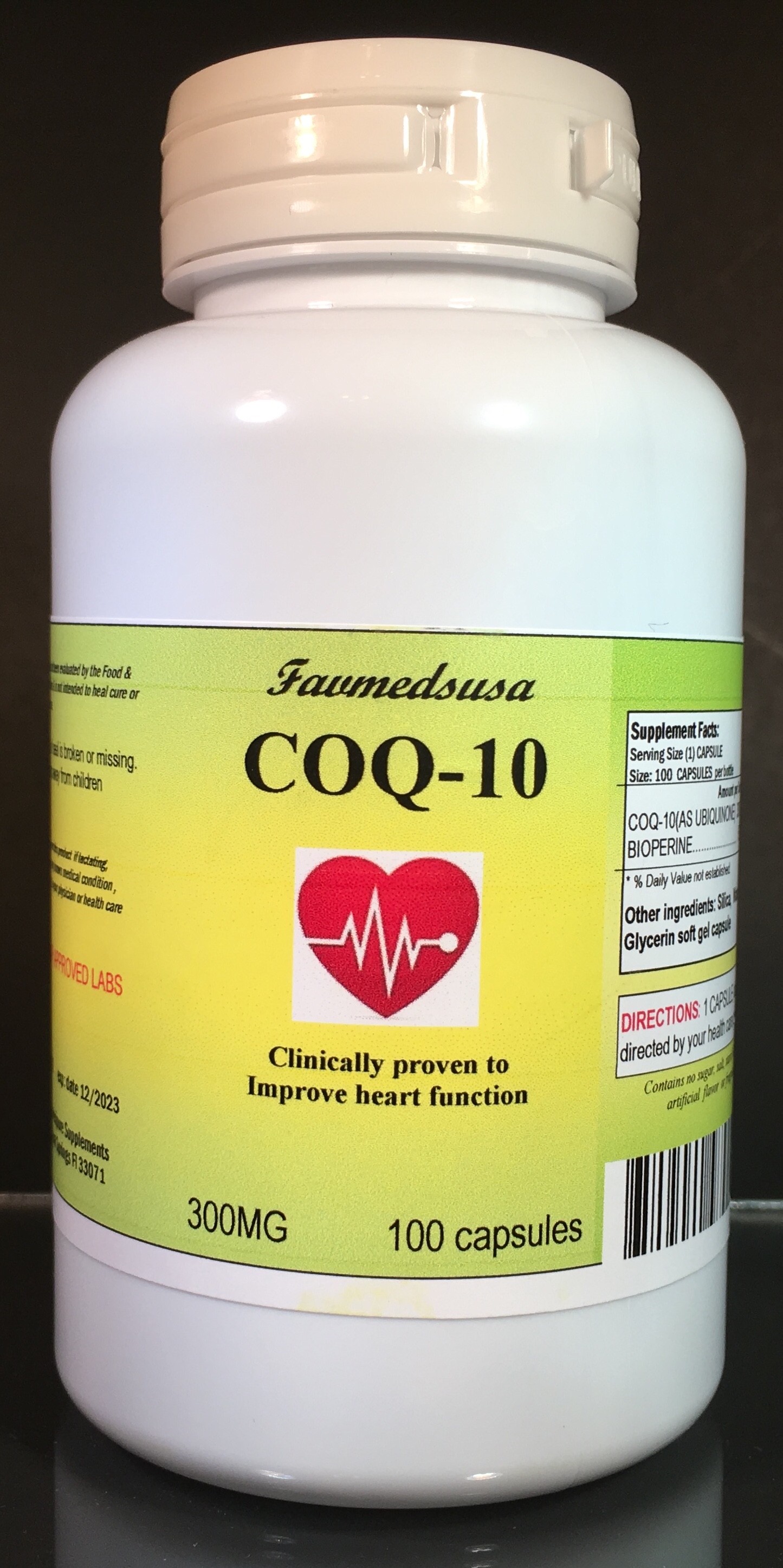
.jpg)
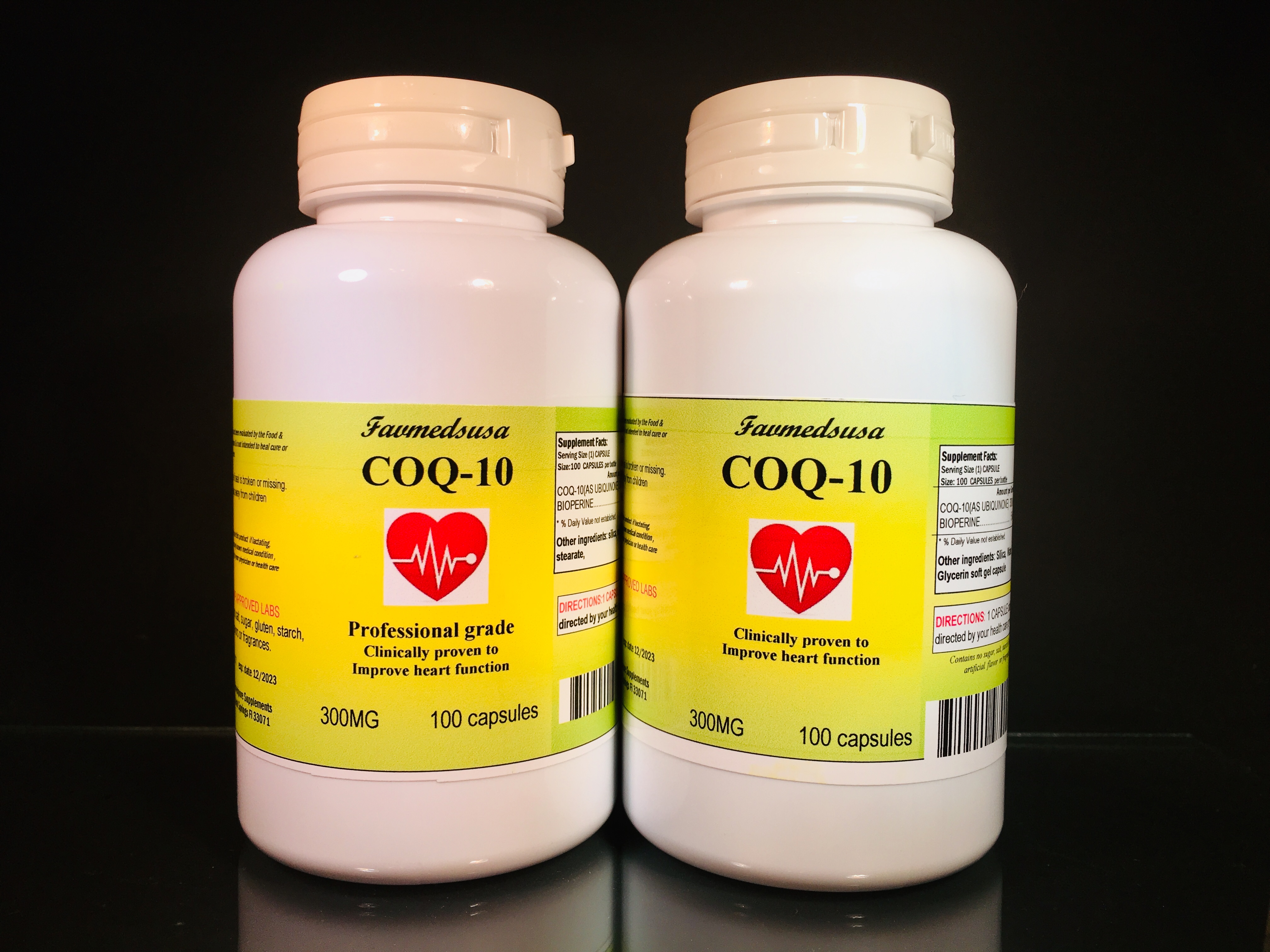
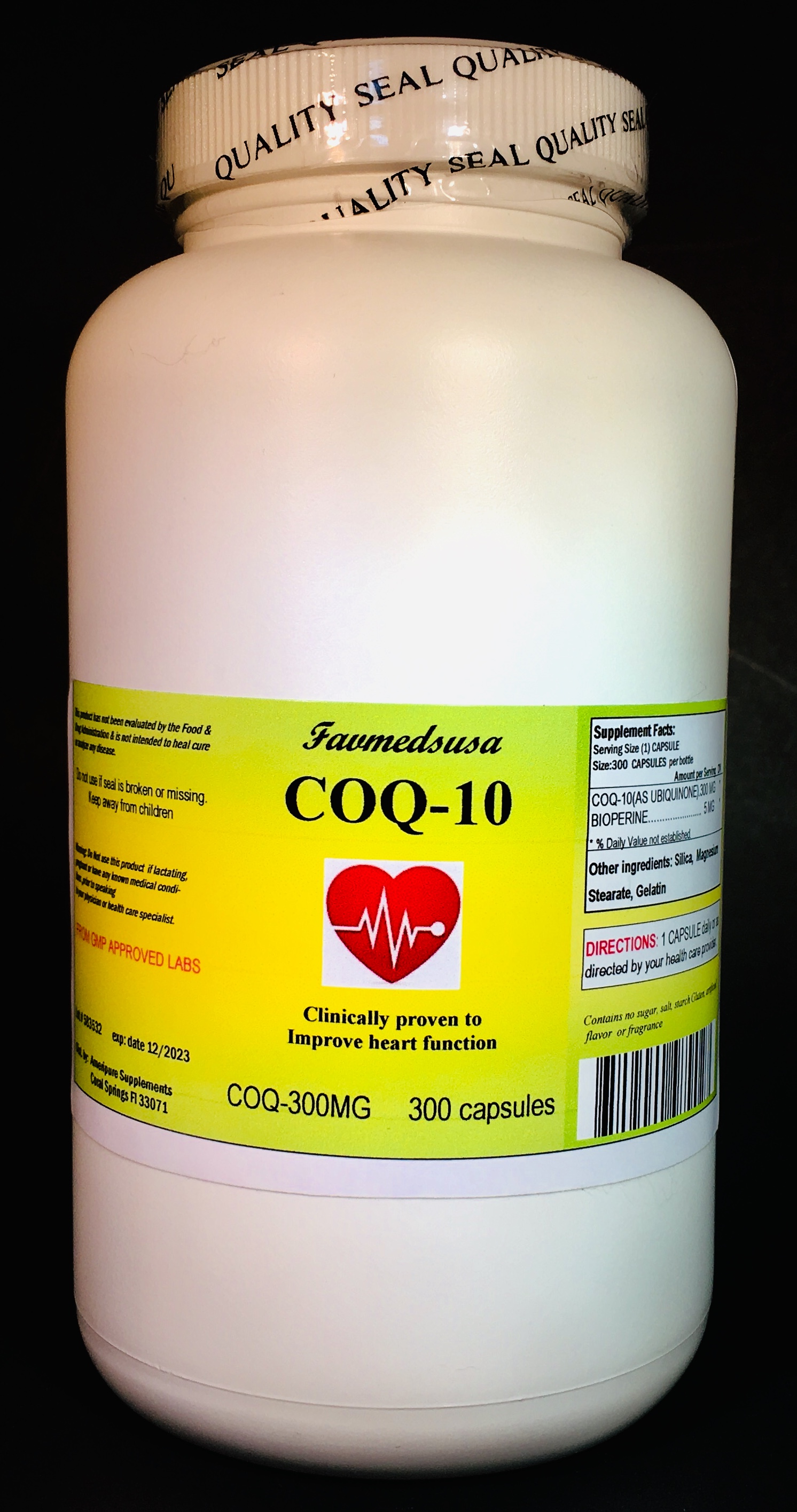
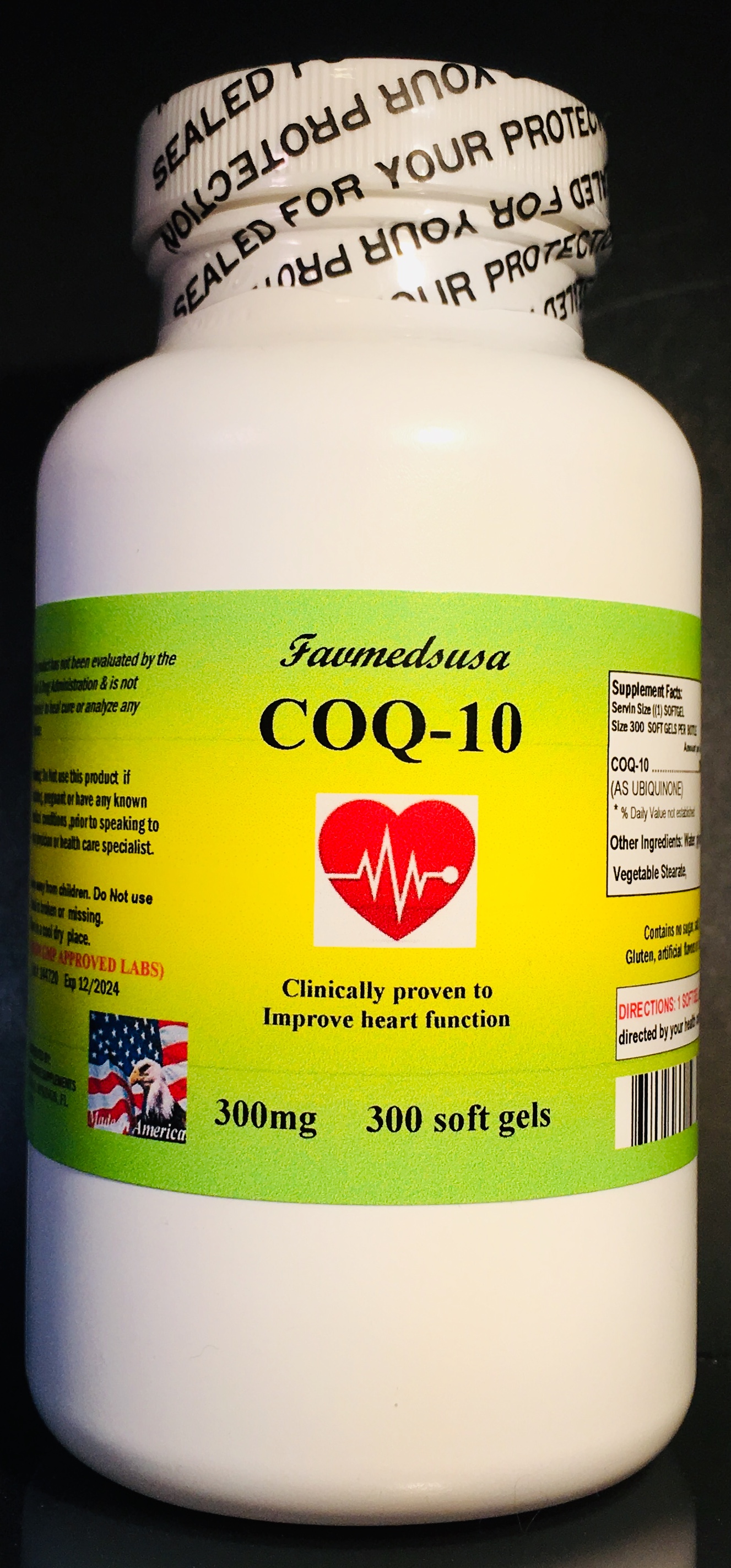
.jpg)
